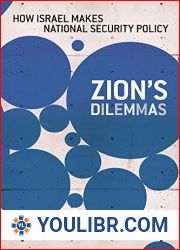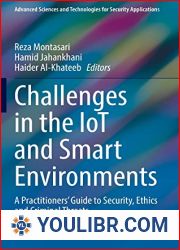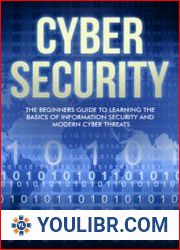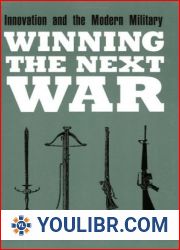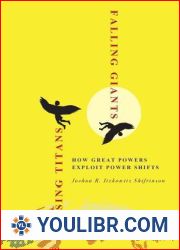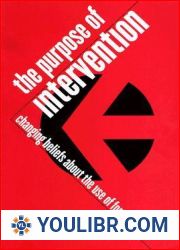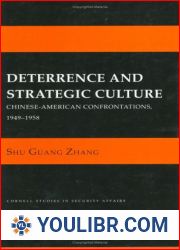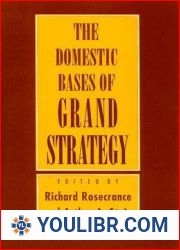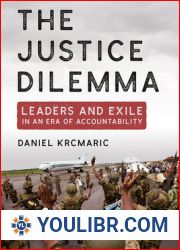
BOOKS - Insider Threats (Cornell Studies in Security Affairs)


US $5.60

689949

689949
Insider Threats (Cornell Studies in Security Affairs)
Author: Matthew Bunn
Year: January 24, 2017
Format: PDF
File size: PDF 940 KB
Language: English
Year: January 24, 2017
Format: PDF
File size: PDF 940 KB
Language: English
and "This compendium of research on insider threats is essential reading for all personnel with accountabilities for security; it shows graphically the extent and persistence of the threat that all organizations face and against which they must take preventive measures. and "- Roger Howsley, Executive Director, World Institute for Nuclear Security High-security organizations around the world face devastating threats from insiders - trusted employees with access to sensitive information, facilities, and materials. From Edward Snowden to the Fort Hood shooter to the theft of nuclear materials, the threat from insiders is on the front page and at the top of the policy agenda. Insider Threats offers detailed case studies of insider disasters across a range of different types of institutions, from biological research laboratories, to nuclear power plants, to the U.S. Army. Matthew Bunn and Scott D. Sagan outline cognitive and organizational biases that lead organizations to downplay the insider threat, and they synthesize and "worst practices and " from these past mistakes, offering lessons that will be valuable for any organization with high security and a lot to lose. Insider threats pose dangers to anyone who handles information that is secret or proprietary, material that is highly valuable or hazardous, people who must be protected, or facilities that might be sabotaged. This is the first book to offer in-depth case studies across a range of industries and contexts, allowing entities such as nuclear facilities and casinos to learn from each other. It also offers an unprecedented analysis of terrorist thinking about using insiders to get fissile material or sabotage nuclear facilities. Matthew Bunn, Harvard University; Andreas Hoelstad Daehli, Oslo; Kathryn M. Glynn, IBM Global Business Services;Thomas Hegghammer, Norwegian Defence Research Establishment, Oslo; Austin Long, Columbia University; Scott D. Sagan, Stanford University; Ronald Schouten, Massachusetts General Hospital and Harvard Medical School; Jessica Stern, Harvard University; Amy B. Zegart, Stanford University








